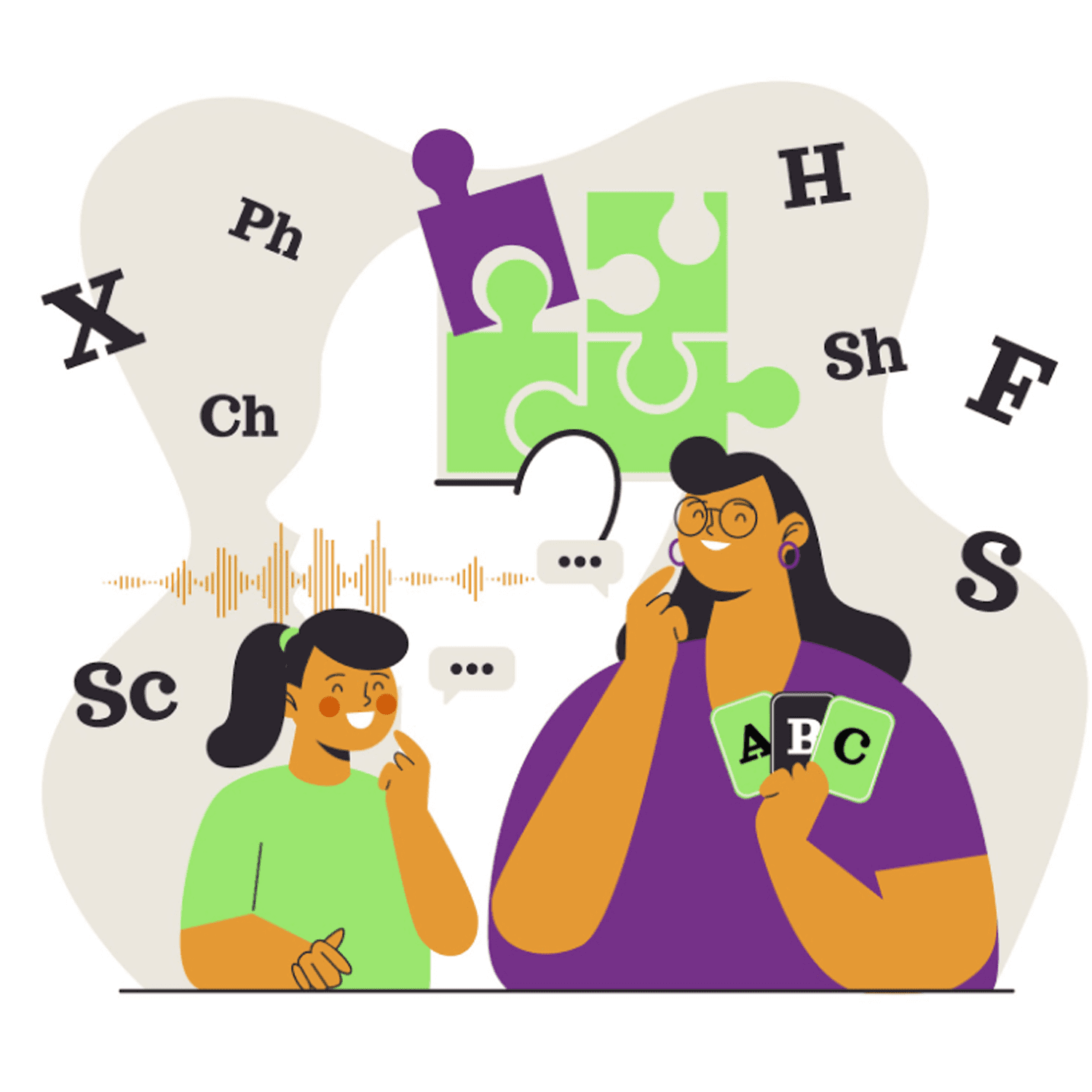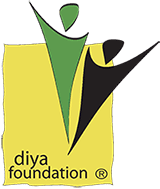In today’s rapidly urbanizing and digital world, where “inclusion” is frequently used as a buzzword, persons with disabilities (PwDs) continue to remain on the margins socially, economically, and politically. Despite policy commitments and global frameworks, lived realities for most of them are marked by exclusion, stigma, and lack of access. At this critical juncture, civil society organizations (CSOs) emerge not as secondary actors but as central agents of change. Their role in advancing disability rights is not only relevant but urgent, both as watchdogs and bridge-builders in a society struggling to uphold the principles of equity and dignity for all.
The Unfinished Promise of State Policies
India’s commitment to disability rights, particularly after the enactment of the Rights of Persons with Disabilities Act, 2016, appears robust on paper. It aligns with the UN Convention on the Rights of Persons with Disabilities (UNCRPD) and outlines inclusive education, employment, skill training, and anti-discrimination mandates. However, the gap between policy and practice remains stark. Most public infrastructure is still inaccessible; employment rates among PwDs remain abysmally low, and educational inclusion is limited to tokenistic efforts in many areas.
This is where civil society organizations play a pivotal role. They translate rights into action, often stepping in where the state apparatus fails or is too slow to respond. By directly engaging with disabled individuals and their families, CSOs not only deliver services but also challenge societal norms that reinforce exclusion.
CSOs offer a community-first model of engagement, one that recognizes the lived experiences of these individuals. Whether it’s providing mobility aids, organizing inclusive classrooms, pushing for reasonable accommodations in the workplace, or training teachers and employers in disability sensitivity, CSOs operate across multiple fronts. Their ability to customize interventions based on local realities makes their work particularly impactful. For instance, organizations like the National Centre for Promotion of Employment for Disabled People (NCPEDP) have consistently worked to influence policy and raise awareness. Others, such as Diya Foundation, Enable India, and countless regional NGOs, conduct accessibility audits, offer skill-building programs, and act as mediators between PwDs and employers. Their efforts are particularly crucial in rural and peri-urban India, where the government’s reach remains limited and the stigma surrounding disability is compounded by poverty and illiteracy.
A major contribution of civil society has been to shift the narrative from viewing disability as a condition deserving of charity to one that demands rights, equity, and dignity. Historically, the medical model of disability pathologized difference and treated disabled individuals as passive recipients of care. CSOs, inspired by the social model of disability, emphasize that it is the barriers in society, not impairments, that restrict participation. They work to remove these barriers and to empower PwDs to become self-advocates. This transformative approach is seen in programs that encourage youth with disabilities to become entrepreneurs, activists, and even leaders in their communities. By embedding PwDs into the design and evaluation of programs, CSOs ensure that interventions are not for, but with, the disabled.
Why Support for CSOs is More Urgent Than Ever
As India (and the world) navigates post-pandemic recovery, supporting civil society organizations becomes all the more essential. The pandemic disproportionately affected persons with disabilities, many of whom lost jobs, faced health risks, or were cut off from services. CSOs were among the first to respond, distributing food, medications, and digital access tools to ensure continued learning and social connection. Yet, despite their importance, many CSOs face funding cuts, limited capacity, and shrinking civic space. For disability rights to advance meaningfully, CSOs must be strengthened, not sidelined. Philanthropic foundations, corporate CSR programs, and governments must invest in building long-term capacities of CSOs through flexible funding, partnership models, and recognition of grassroots expertise.
The journey from awareness to action, from policy to practice, depends heavily on who is empowered to lead it. Civil society organizations have long held the torch in the fight for disability rights, not merely providing services, but changing mindsets, influencing systems, and amplifying voices. As the world moves toward achieving the Sustainable Development Goals (SDGs), especially SDG 10 (Reduced Inequalities) and SDG 11 (Inclusive Cities), the role of CSOs is not optional; it is foundational.
Disability rights are human rights. And civil society is not a side player but a critical driver in making those rights a reality. It is time we acknowledge, invest in, and collaborate with these agents of change, not just for the sake of inclusion, but for the betterment of society as a whole.


